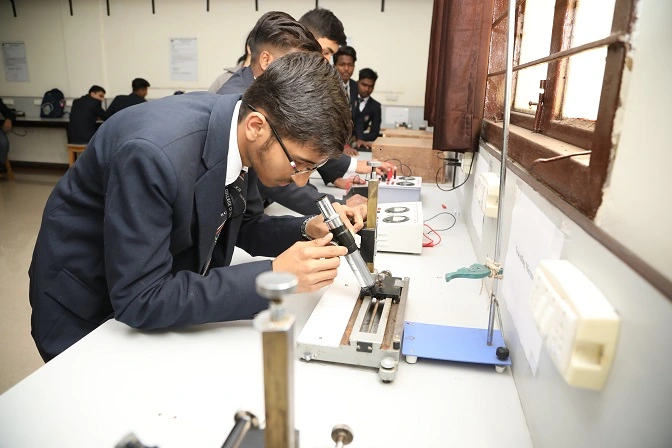
What careers can you go into with applied science?
There are many careers that you can pursue with a degree in applied science. Some examples include:
- Biomedical engineer: These professionals design and develop medical equipment, such as artificial organs, prosthetics, and medical instruments.
- Environmental engineers: These professionals work to protect the environment and public health by developing solutions to environmental problems, such as air and water pollution.
- Industrial engineer: These professionals design and improve systems, processes, and equipment in a variety of industries, including manufacturing, healthcare, and transportation.
- Materials engineer: These professionals develop and test new materials, such as metals, ceramics, and plastics, for use in a variety of applications.
- Software engineer: These professionals design, develop, and maintain software systems.
- Data scientist: These professionals use statistical and computational techniques to analyze data and extract insights that can inform decision-making.
- Research scientist: These professionals conduct research in a variety of fields, such as biology, chemistry, and physics, in order to advance our understanding of the world and solve practical problems.
- Technical writer: These professionals write and edit technical documentation, such as user manuals and online help resources, in a clear and concise manner.
There are many other careers that you can pursue with a degree in applied science. These are just a few examples.
What are the subjects under applied science?
Applied science is a broad field that encompasses a wide range of subjects, including:
- Applied mathematics: This subject involves the application of mathematical principles and techniques to solve problems in a variety of fields, such as engineering, finance, and physics.
- Applied physics: This subject involves the application of physical principles and techniques to solve problems in a variety of fields, such as engineering, medicine, and computing.
- Applied chemistry: This subject involves the application of chemical principles and techniques to solve problems in a variety of fields, such as materials science, environmental science, and biology.
- Applied biology: This subject involves the application of biological principles and techniques to solve problems in a variety of fields, such as medicine, agriculture, and environmental science.
- Engineering: This subject involves the design, development, and application of systems, devices, and structures to solve problems and meet human needs. There are many different branches of engineering, including mechanical, electrical, civil, and computer engineering.
- Computer science: This subject involves the study of computers and computational systems, including the design and development of software, algorithms, and hardware.
- Data science: This subject involves the use of statistical and computational techniques to analyze and extract insights from data.
These are just a few examples of the subjects that fall under the umbrella of applied science. There are many others as well.
What has applied science also known as?
Applied science is also known as technology, engineering, and applied research. It is a broad field that involves the practical application of scientific knowledge and principles to solve problems and meet human needs.
Applied science is concerned with the development and use of new technologies and the application of scientific principles to practical problems in a wide range of fields, including healthcare, transportation, communication, and manufacturing. Some common careers in applied science include biomedical engineer, software engineering, research science, and materials engineering.
Is applied science a good course?
A degree in applied science can be a good choice for individuals who are interested in using scientific principles and techniques to solve practical problems and meet human needs. If you enjoy problem-solving and are interested in using science to make a difference in the world, then a degree in applied science might be a good fit for you.
A degree in applied science can also be a good foundation for a career in a variety of fields, including engineering, healthcare, environmental science, and more. It can also provide a strong foundation for graduate studies in a scientific or technical field.
That being said, whether or not a degree in applied science is a good choice for you will depend on your personal interests, strengths, and career goals. It’s important to carefully consider your options and choose a degree program that aligns with your interests and career aspirations.
Who can study applied science?
Anyone who is interested in using scientific principles and techniques to solve practical problems and meet human needs can study applied science. A degree in applied science is a good fit for individuals who are analytical, detail-oriented and enjoy problem-solving.
To study applied science, you will typically need to have a strong background in math and science, as well as good communication and problem-solving skills. Some programs may also require applicants to have completed specific high schools coursework, such as physics, chemistry, and calculus.
If you are interested in pursuing a degree in applied science, it is important to carefully research the programs that are available and choose one that aligns with your interests and career goals. It may also be helpful to speak with an academic advisor or career counselor to get more information about the field and what it takes to succeed as an applied science professional.
Is applied science in demand?
There is often demand for professionals with degrees in applied science, as these individuals are skilled in using scientific principles and techniques to solve practical problems and meet human needs. Some specific careers in applied science, such as software engineering and data science, are in high demand due to the increasing reliance on technology and the growing need for professionals who can analyze and interpret data.
That being said, the demand for applied science professionals can vary depending on the specific field and the region in which you are looking for work. It is always a good idea to do your own research to get a sense of the job market in your area and the specific skills that are in demand.
Overall, it is likely that there will continue to be demand for applied science professionals, as there is a need for individuals who can use scientific and technical knowledge to solve problems and meet the needs of society.
Frequently Asked Questions
Q1. What is the focus of applied science?
Ans. The focus of applied science is the practical application of scientific knowledge and principles to solve problems and meet human needs. Applied science is concerned with the development and use of new technologies, as well as the application of scientific principles to practical problems in a wide range of fields, including healthcare, transportation, communication, and manufacturing.
Some specific areas of focus within applied science include:
Engineering: This field involves the design, development, and application of systems, devices, and structures to solve problems and meet human needs. There are many different branches of engineering, including mechanical, electrical, civil, and computer engineering.
Computer science: This field involves the study of computers and computational systems, including the design and development of software, algorithms, and hardware.
Data science: This field involves the use of statistical and computational techniques to analyze and extract insights from data.
Environmental science: This field involves the study of the natural environment and the impact of human activities on it. Environmental scientists work to protect the environment and public health by developing solutions to environmental problems, such as air and water pollution.
Biomedical science: This field involves the application of scientific principles and techniques to the study of living organisms and the treatment of diseases. Biomedical scientists work in a variety of settings, including hospitals, research labs, and pharmaceutical companies.
These are just a few examples of the many areas of focus within applied science.
Q2. What careers can you go into with applied science?
Ans. There are many careers that you can pursue with a degree in applied science. Some examples include:
- Biomedical engineer: These professionals design and develop medical equipment, such as artificial organs, prosthetics, and medical instruments.
- Environmental engineers: These professionals work to protect the environment and public health by developing solutions to environmental problems, such as air and water pollution.
- Industrial engineer: These professionals design and improve systems, processes, and equipment in a variety of industries, including manufacturing, healthcare, and transportation.
- Materials engineer: These professionals develop and test new materials, such as metals, ceramics, and plastics, for use in a variety of applications.
- Software engineer: These professionals design, develop, and maintain software systems.
- Data scientist: These professionals use statistical and computational techniques to analyze data and extract insights that can inform decision-making.
- Research scientist: These professionals conduct research in a variety of fields, such as biology, chemistry, and physics, in order to advance our understanding of the world and solve practical problems.
- Technical writer: These professionals write and edit technical documentation, such as user manuals and online help resources, in a clear and concise manner.
There are many other careers that you can pursue with a degree in applied science. These are just a few examples.
Q3. Can you become a doctor with applied science?
Ans. While a degree in applied science can provide a strong foundation for many careers, it is generally not sufficient to become a doctor. To become a doctor, you will typically need to earn a degree in medicine from an accredited medical school.
This typically requires completing a four-year undergraduate degree in a related field, such as biology or chemistry, followed by four years of medical school. After completing medical school, you will also need to complete a supervised clinical training program, known as a residency, in order to obtain a license to practice medicine.
If you are interested in becoming a doctor, it is important to carefully research the requirements for medical school and make sure that you are taking the necessary coursework and gaining the necessary experiences to prepare for a career in medicine.
Q4. Does applied science include psychology?
Ans. Applied science is a broad field that encompasses a wide range of subjects, including biology, chemistry, physics, engineering, computer science, and more. While psychology is a scientific field that involves the study of the mind and behavior, it is generally not considered to be a part of applied science. Instead, psychology is typically classified as a social science, along with fields such as sociology, anthropology, and economics.
That being said, there are some areas of psychology that may be considered to be part of applied science. For example, industrial-organizational psychology, which involves applying psychological principles and techniques to improve the performance and well-being of individuals and organizations, could be considered a part of applied science. Similarly, applied behavioral analysis, which involves using behavioral principles to solve practical problems, could be considered a part of applied science.
Overall, while psychology is not typically considered to be a part of applied science, there are some areas of psychology that may be considered to be related to applied science.
Q5. How long is applied science course?
Ans. The length of an applied science course will depend on the specific program and the level of study. Applied science programs are typically offered at the associate’s, bachelor’s, and master’s levels, and the length of each program will vary.
In general, associate’s degree programs in applied science typically take two years to complete, while bachelor’s degree programs typically take four years. Master’s degree programs in applied science can take anywhere from one to two years to complete, depending on the specific program and the student’s course load.
It is important to note that the length of an applied science course will also depend on the specific requirements of the program and the student’s pace of study. Some programs may have additional requirements, such as internships or capstone projects, which can extend the length of the program.
If you are interested in pursuing a degree in applied science, it is important to carefully research the programs that are available and choose one that aligns with your interests and career goals. You should also be prepared to commit the necessary time and effort to complete the program.
I hope you learn some new from this post if you have any other queries please comment below. We will reply to you soon
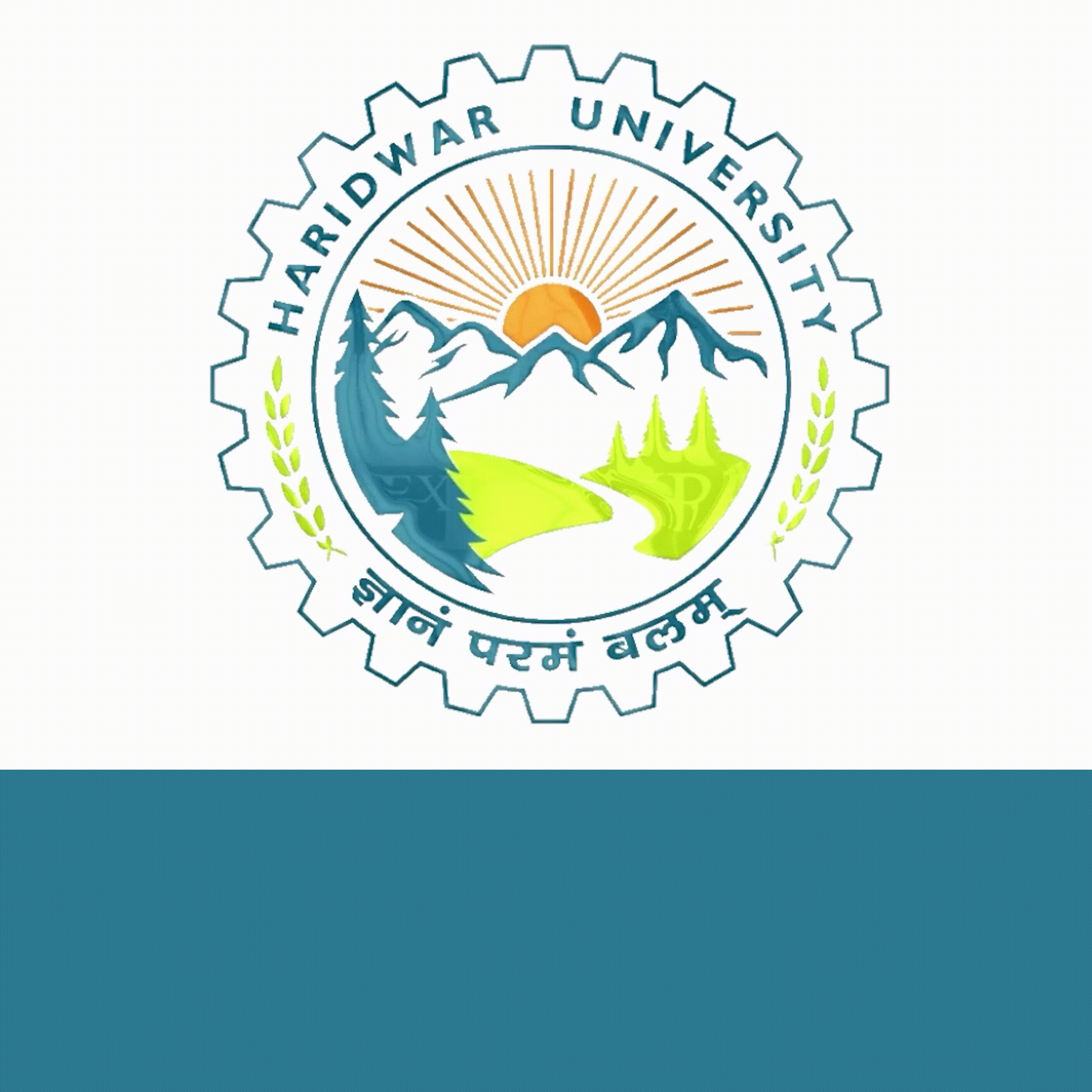
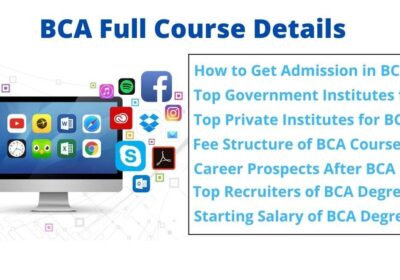
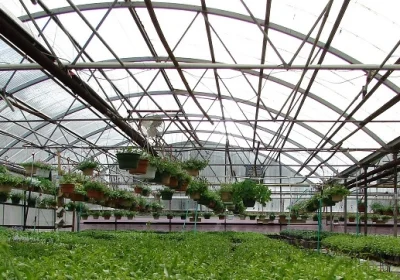
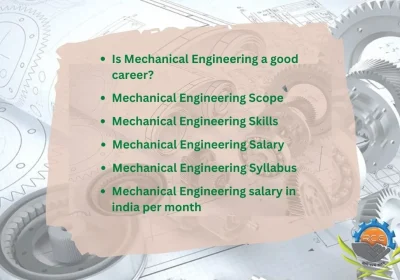
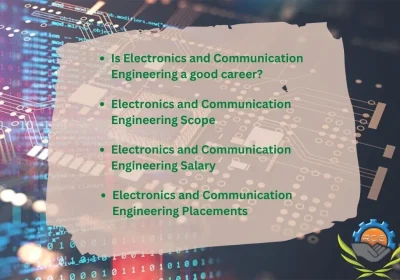
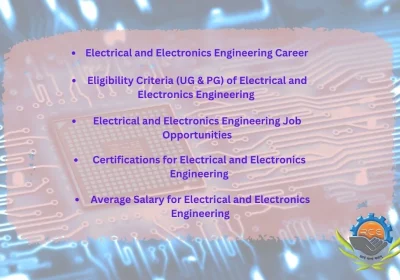

Thank you for your post. I really enjoyed reading it, especially because it addressed my issue. It helped me a lot and I hope it will also help others.